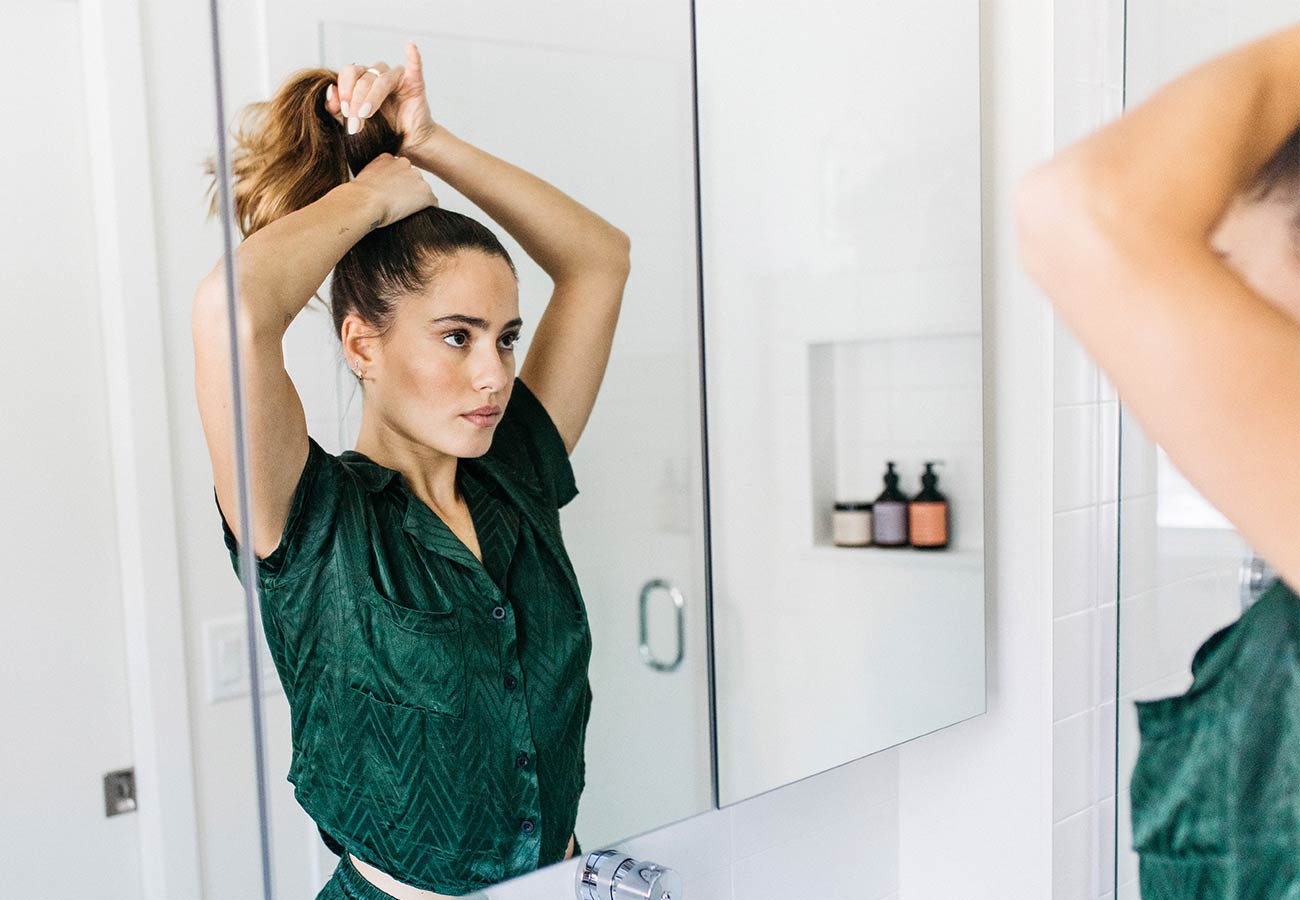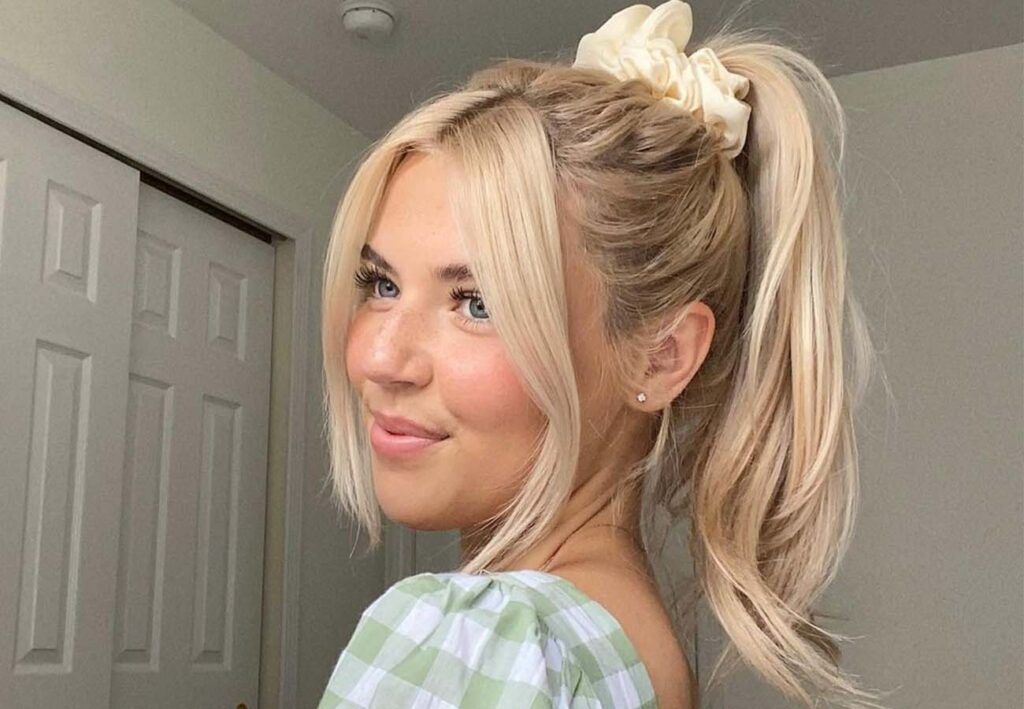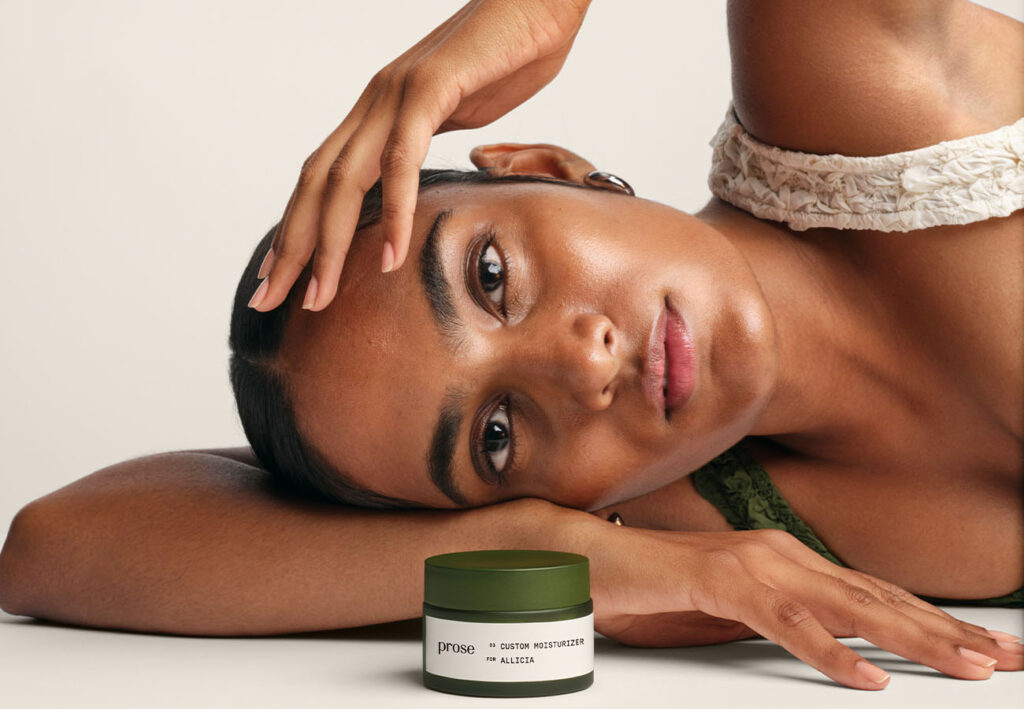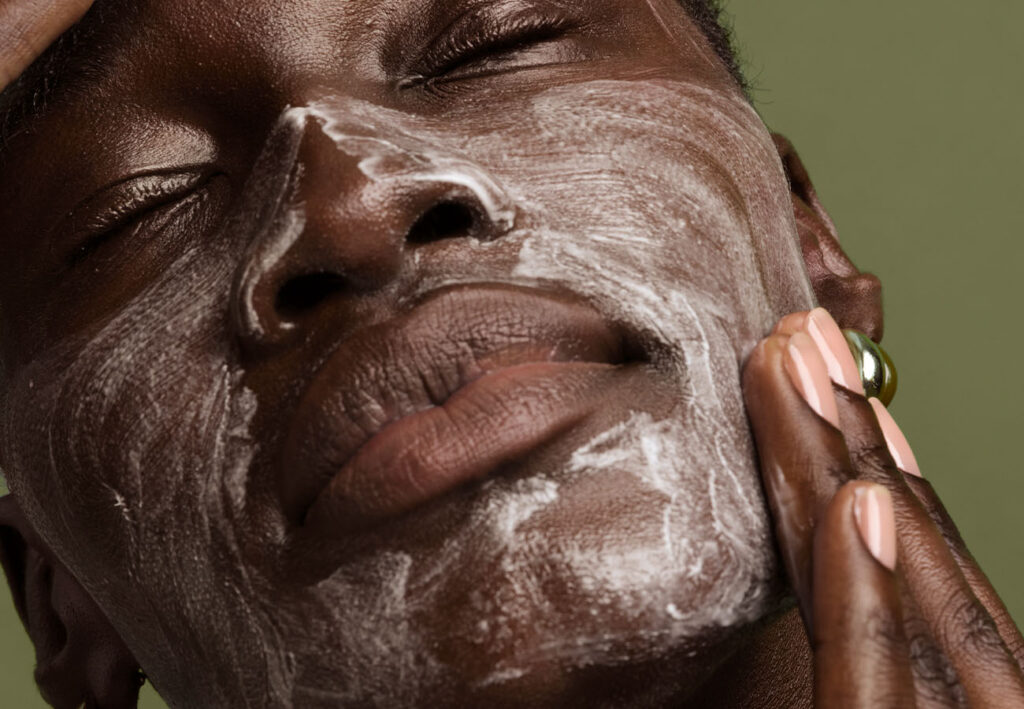First things first, what’s actually hurting?
“There are large muscles that live underneath the skin in the scalp and when pulled on for extended periods of time, these muscles can become sore to the touch,” Dr. Linkner explains. That constant tugging of the scalp, skin, hair follicles and muscles can lead to traction alopecia, or a scarring over of follicles from all that hair pulling that leads to permanent hair loss. Keep in mind this is after years of pulling—the effect is cumulative. “That’s why I always tell mothers who are experiencing this to think again about putting their daughter’s hair into very tight styles that will eventually succumb to traction alopecia with time,” she says.
What causes the pain?
Tight hairstyles are typically enemy no. 1. That means ponytails, braids or even a drastic part. Also to blame? Aggressive chemical treatments, working hot tools near your scalp and using aerosol hair products that can dry out or increase the sensitivity of your scalp. And just like stress can affect other areas of your life, it can impact hair, too.’
“Stress is notorious for causing telogen effluvium, which is hair loss (normally reversible) that happens about 2-3 months after a stressful event—think surgery, postpartum or even after a grueling divorce,” Dr. Linkner says. The stress causes your strands to disassociate from its normal hair growth pattern—growth during anagen, transition during catagen and resting once it hits telogen—and on average, you might lose 30-40% of hair loss over a three-month period. “Usually the hair does rebound,” she says, “but oftentimes telogen effluvium can uncover other causes of more permanent hair loss, like male or female pattern hair loss.”
How to prevent hair pain
It starts with a good scrub-down. Dr. Linkner recommends washing your hair 2-3 times a week, depending on how oily or dry your hair may be, to remove any build-up that could’ve caused irritation.
It’s also a good idea to incorporate scalp massages into your routine. They get blood flowing to your follicles, encourage growth and can soothe discomfort. Dr. Linkner has seen anecdotal evidence that massaging the scalp with Prose hair oil can alleviate the pain.
Ultimately, one of the easiest, lowest-effort remedies might be the hardest: stop playing with your hair! Give your scalp and hair a break by refraining from pulling hair back and/or up. And if a pony, braid or bun is a must, make sure to choose the hair tie that’s right for your texture and style.





